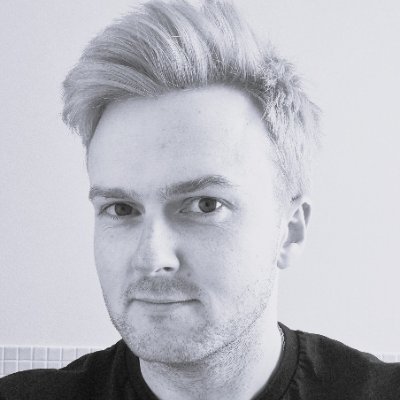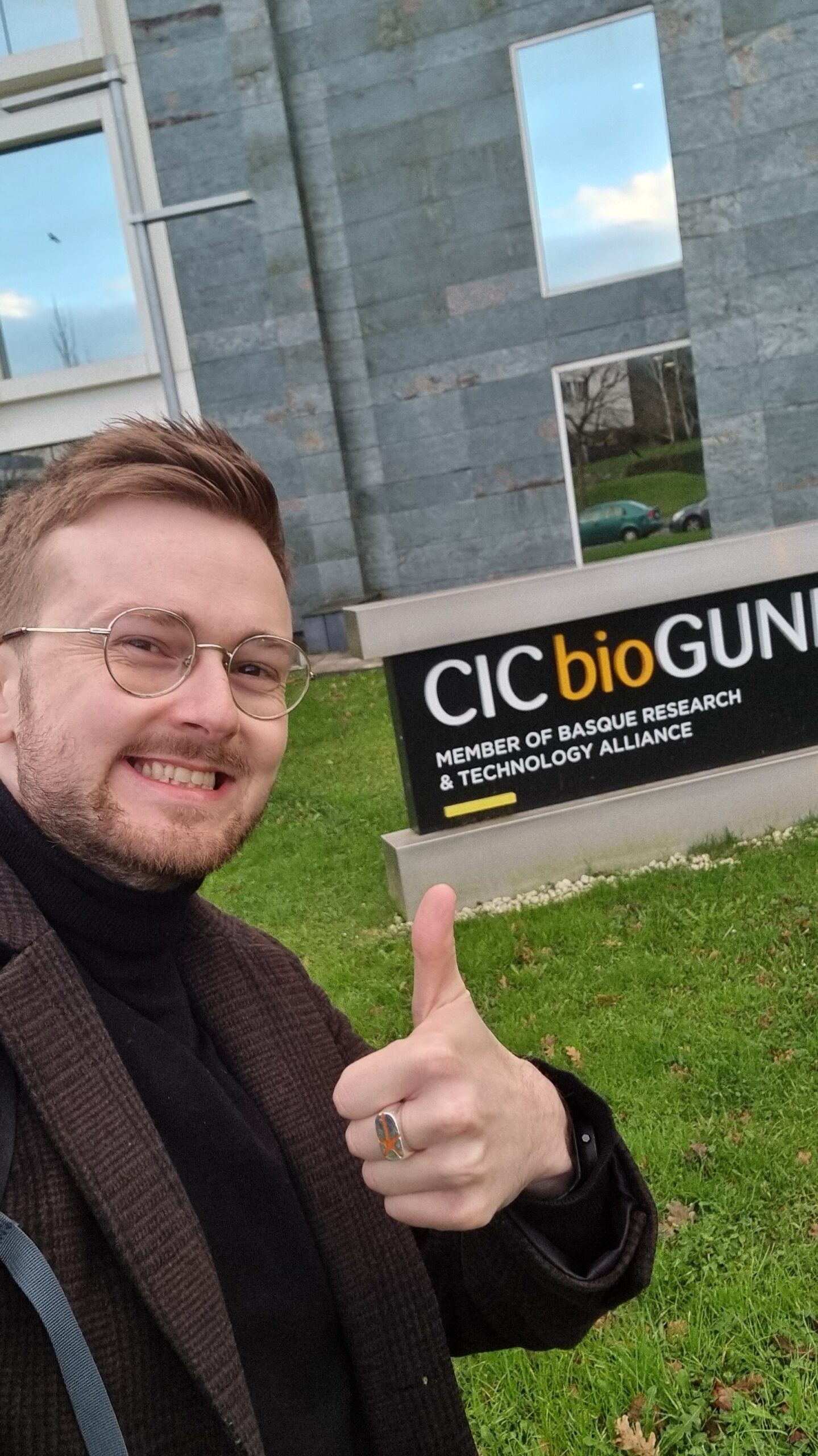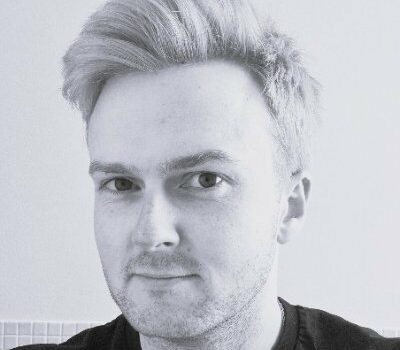
Round 1
Ruairi Mackenzie
Nationality
Scottish
Career-level
Mid-career
Host institution
CIC Biogune
Spain
Residency project
One field that I keep returning to in my coverage is disease pathology. I think often of the multiple sclerosis patients who donated blood cells for me to study during my time at Cambridge. As a writer for Technology Networks, I saw it as my duty to do right by them when reporting new research. I wrote regularly about neurodegeneration and rare disease, which is the focus of my application for the FRONTIERS program. I wrote a feature for Technology Networks about the rare disorder metachromatic leukodystrophy (MLD), which was featured by the ABSW. Interviewing clinicians, researchers, policymakers and disease-affected families, I put together a piece that highlighted how cutting edge tools –including CRISPR, which had first sparked my interest in biological science – could change the lives of people suffering from rare diseases.
At CIC Biogune, the institution I intend to collaborate with during the residency, a small group of intrepid researchers are exploring the molecular basis of rare disease. Much of this work, conducted in labs led by Óscar Millet and Raúl Pérez-Jiménez, focuses on the analysis of the genomic and proteomic changes that cause rare disease. Excitingly, Dr. Millet’s work has moved into the translational space, with his company Atlas Molecular Pharma pioneering a drug treatment for congenital erythropoietic porphyria.
Read MoreI would also like to deliver a lecture on the same topic to the wider research body at the institute. I have organized workshops and lectures in previous roles, so feel confident I can deliver a useful resource for the CIC Biogune team.

I want to use these learnings to improve my ability to write about rare disease. One of the key debates in the area is around disease screening. Some interventions for rare disease must be administered prior to symptom onset. Mass screening is required to make these interventions feasible. But health authorities still debate whether the biomarkers used to screen for these diseases are reliable. I believe interventions in frontier science can help improve how we detect and treat these conditions.
I hope that my residency will be filled with interesting conversation and debate with researchers at the institute. I also hope that I will have a chance to speak about my own background as a science journalist. I can’t wait to get started.
